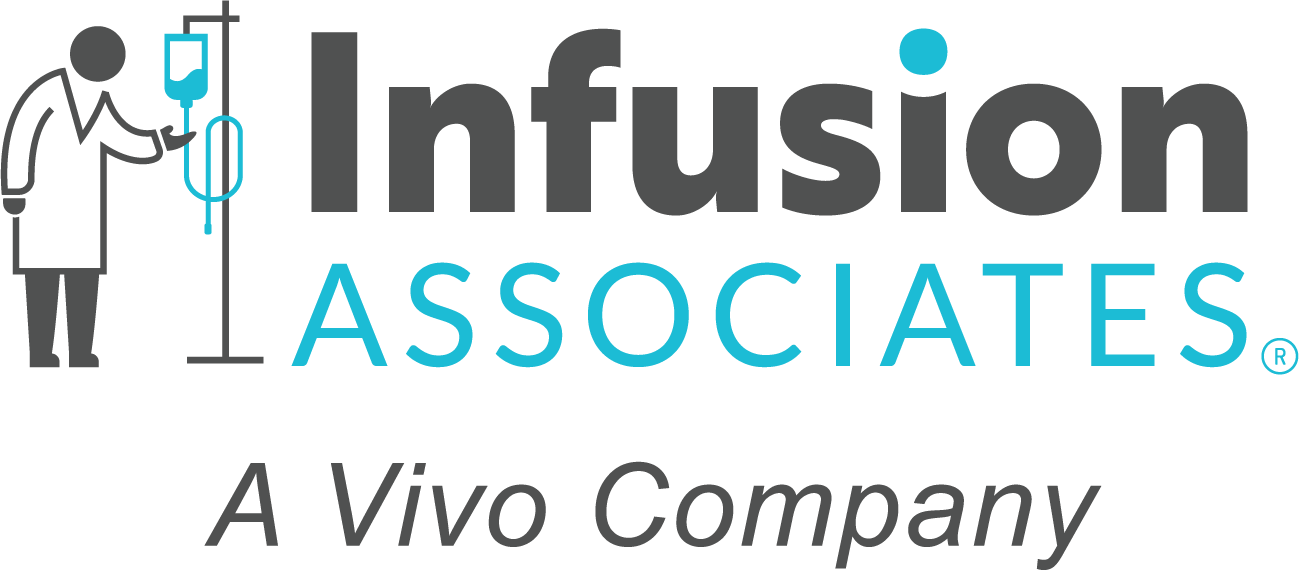Experiencing a regular urgent need to go to the bathroom is embarrassing, worrisome, and disruptive. It may cause you to cancel plans and social activities due to your constant concern about having an accident in public. You wonder which foods you can eat and which ones should you avoid. And, if traditional forms of treatment fail to provide relief, you may be left feeling even more frustrated. Are you supposed to live the rest of your life like this? Is there anything else you can do to attempt to have a normal life? Such are the questions you may be asking yourself if you have Crohn’s disease.
What is Crohn’s Disease?
Crohn’s disease is an autoimmune disorder that causes inflammation of the gastrointestinal tract — which extends from the mouth to the rectum. While the cause is unknown, certain factors may increase the likelihood of developing it, including smoking, living in urban areas, and having a family history of the condition. Although there’s no cure for Crohn’s disease, therapy can significantly reduce its symptoms. The most common signs of the condition include:
- Fever
- Abdominal cramps
- A regular, urgent need to have a bowel movement
- Feeling like the bowel movements are incomplete
- Anal bleeding
- Alternating between diarrhea and constipation
- Fatigue
- Loss of appetite
- Unintended weight loss
Treatment Options for Crohn’s Disease
Traditional treatment for Crohn’s disease includes prescription medications to reduce inflammation, as well as antibiotics to control bacterial overgrowth in the intestines. Lifestyle changes can also help reduce symptoms, such as staying hydrated, exercising, and limiting certain foods — such as spicy items, fiber, saturated fats, and caffeine. In some cases, surgery may be necessary as a last resort to remove portions of the digestive system that are too damaged. If traditional treatment has failed to provide relief (or if taking oral medications is difficult for you), biological therapy may be a good option.
What is biological therapy?
Biological therapy — stimulates the immune system by either suppressing the over-response or activating it. Biological therapy treatment targets the parts of the immune system that are triggering inflammation causing diseases such as auto-immune disorders. Some of the drugs used for biological therapy include:
- REMICADE® (infliximab)
- ENTYVIO® (vedolizumab)
- STELARA® (Ustekinumab)
- HUMIRA® (adalimumab)
How Biological Therapy Works
Biological therapy works by administering the medication into an IV that’s inserted into your arm. The dosage and length of treatment vary from patient to patient, as well as on the severity of the illness and the type of medication being given. As opposed to oral pills, since biological therapy goes directly into your bloodstream, it does not have to be digested.
Side Effects of Biological Therapy
- Skin rash
- Loss of appetite
- Swelling at the site where the IV was inserted
- Muscle aches
- Low blood pressure
- Fatigue
- Fever
- Chills
- Nausea
- Vomiting
What to Expect
Prior to starting your first treatment session, you’ll meet with one of our healthcare professionals, who will explain the entire process — along with information regarding dosages, length of treatment, and possible side effects. You can also take this time to ask any questions and discuss concerns you may have.
The best way to lower the risk of side effects is to have an experienced healthcare professional monitor the therapy throughout its duration. If you don’t feel well, infusion rates may be modified, and if you have pain or irritation at the site where the IV is inserted, treatment will be paused and you’ll be provided with a cold compress or heat pack to reduce swelling. When you visit any of our facilities, you will always have a nurse, nurse practitioner, or physician making sure your treatment goes as smoothly as possible.
One of our hallmarks is to make every patient feel welcomed and comfortable as soon as they walk through our doors. This is why all our treatment rooms are fully equipped with comfortable reclining chairs, televisions, WiFi, and beverages. You also have the option of requesting a private room, and you can bring your own snacks of choice as well.
If you would like to refer a patient to us or want to inquire about the treatments we offer, you can contact us by calling us at (616) 954-0600 or filling out this form.
